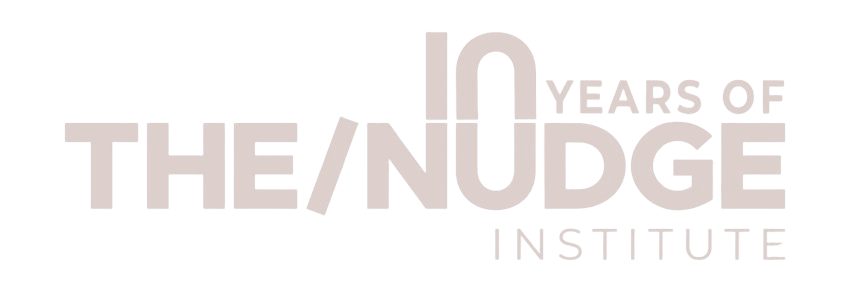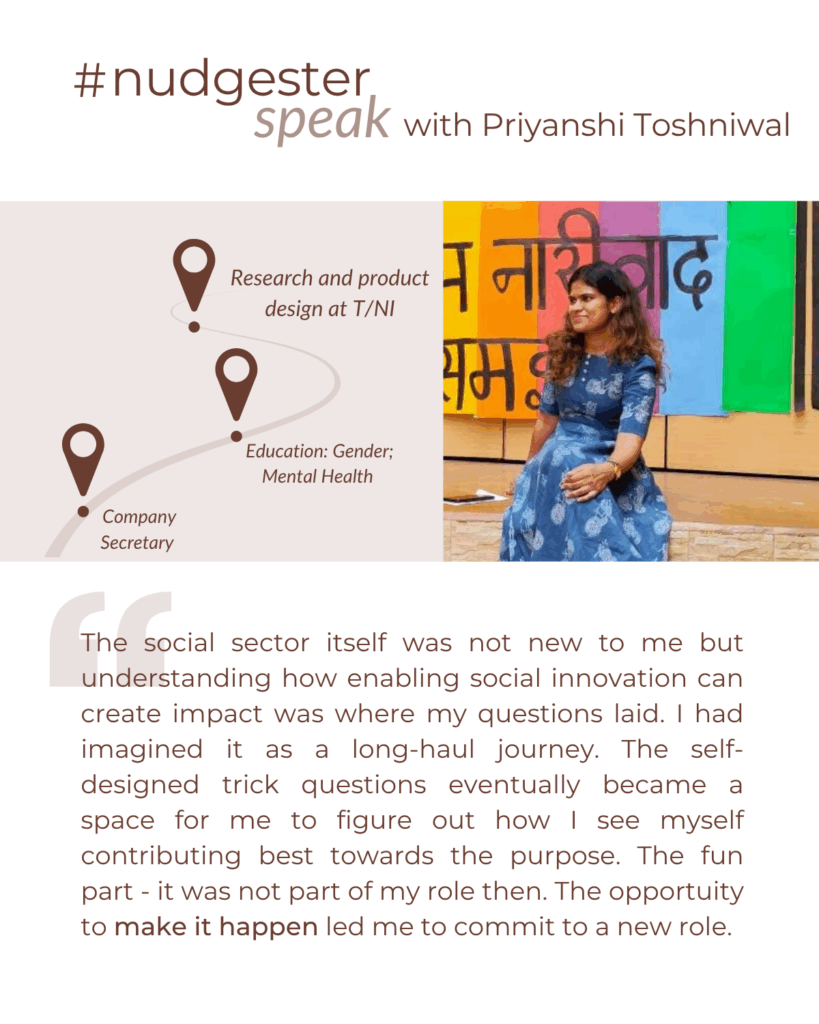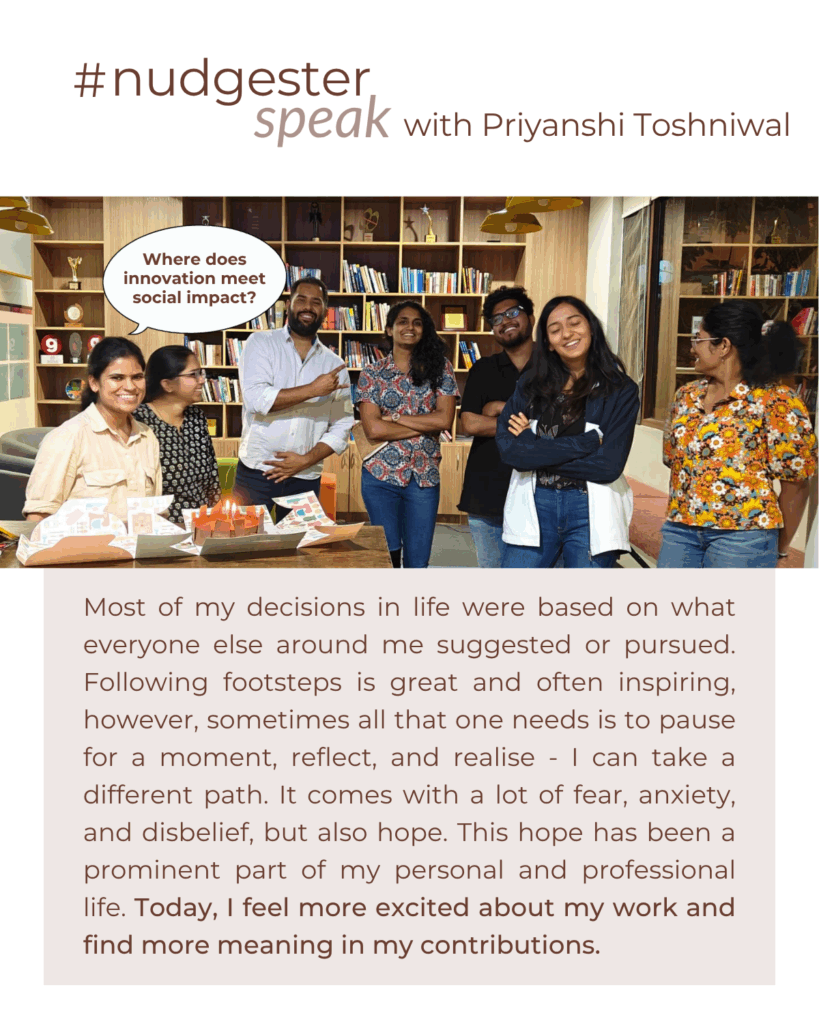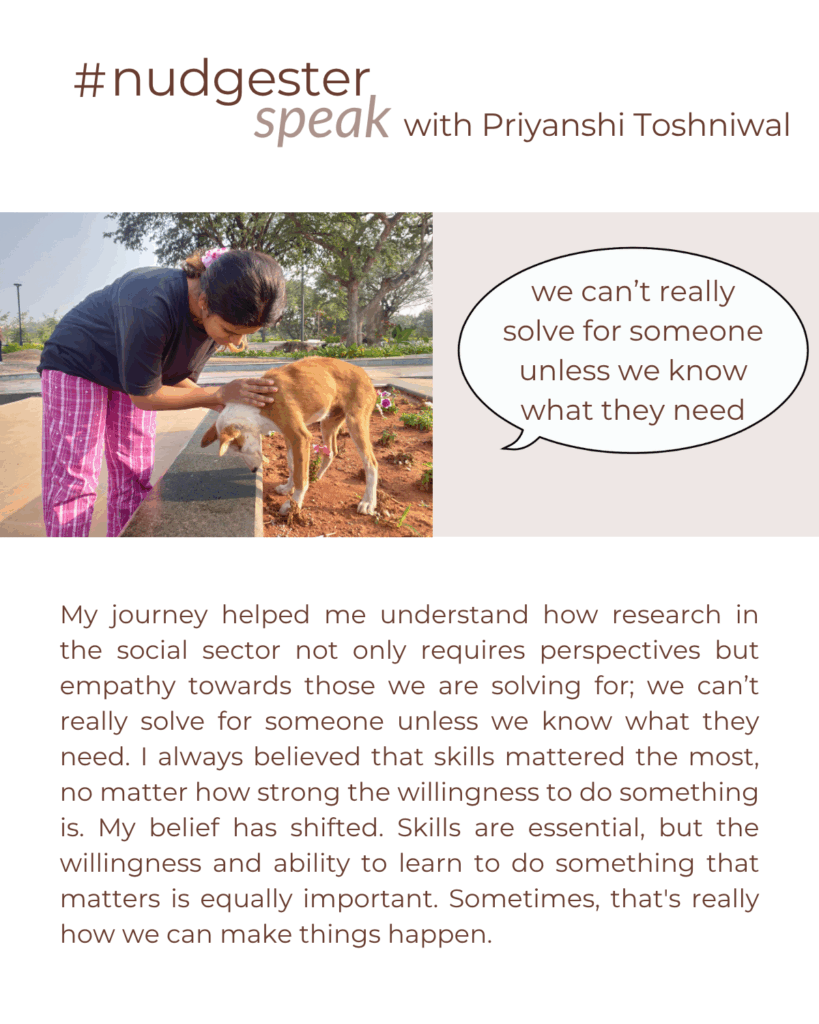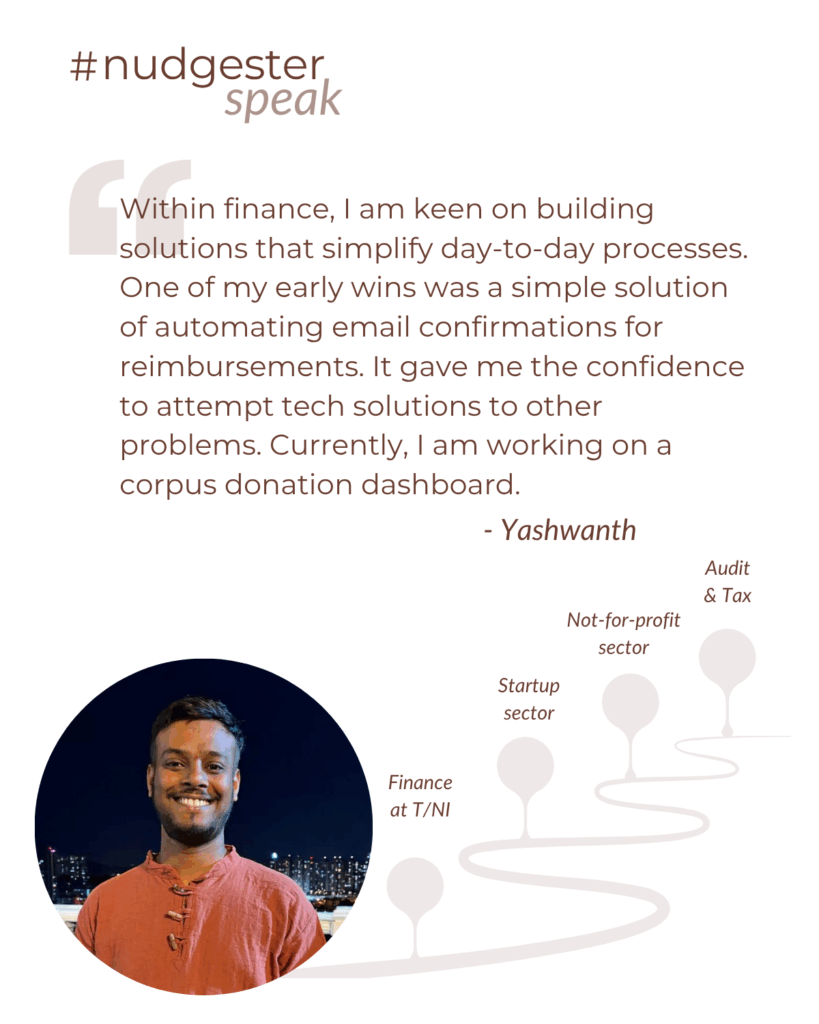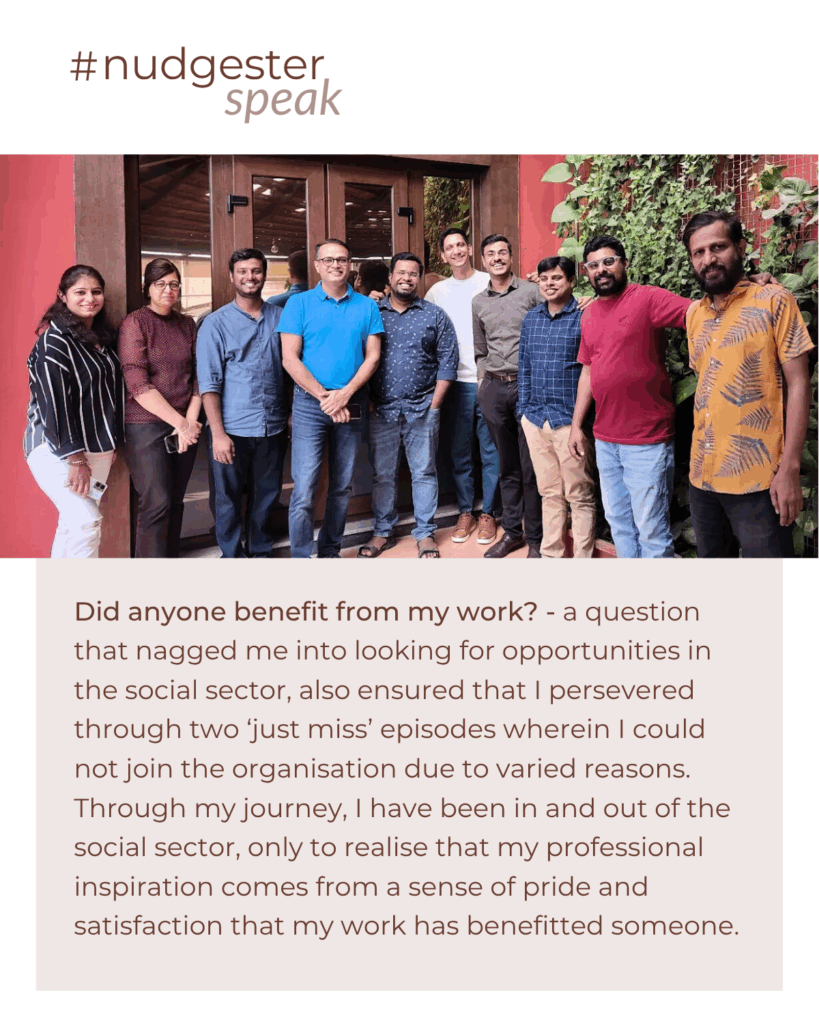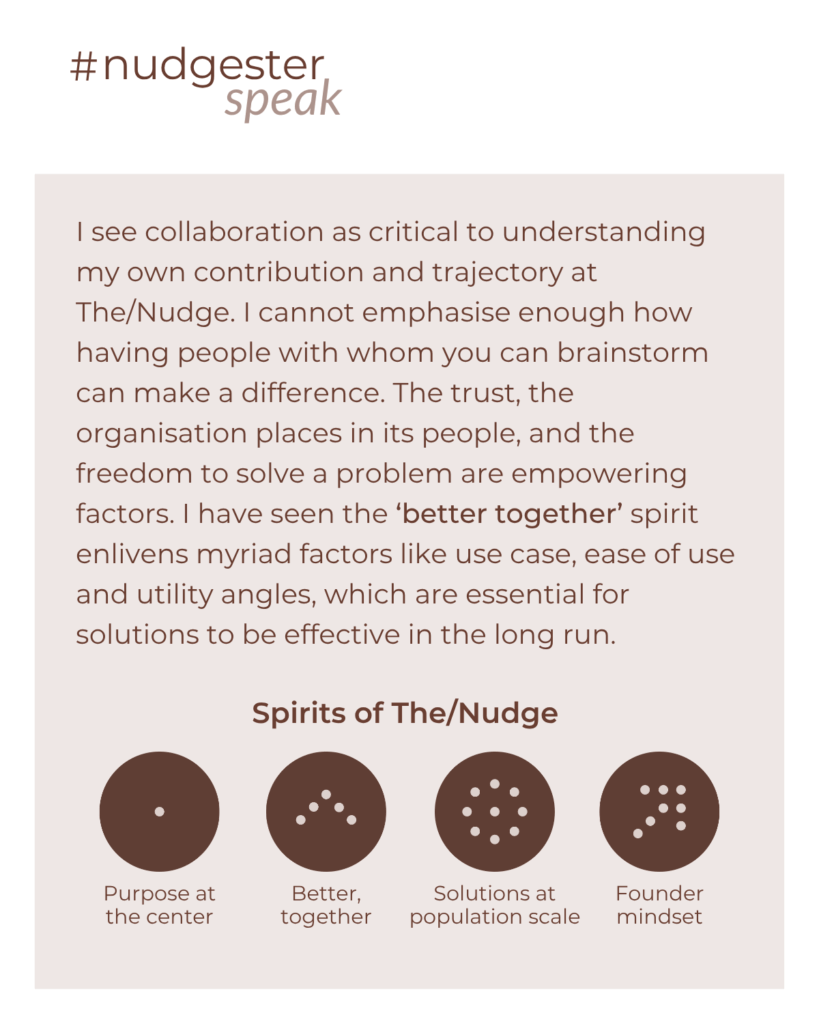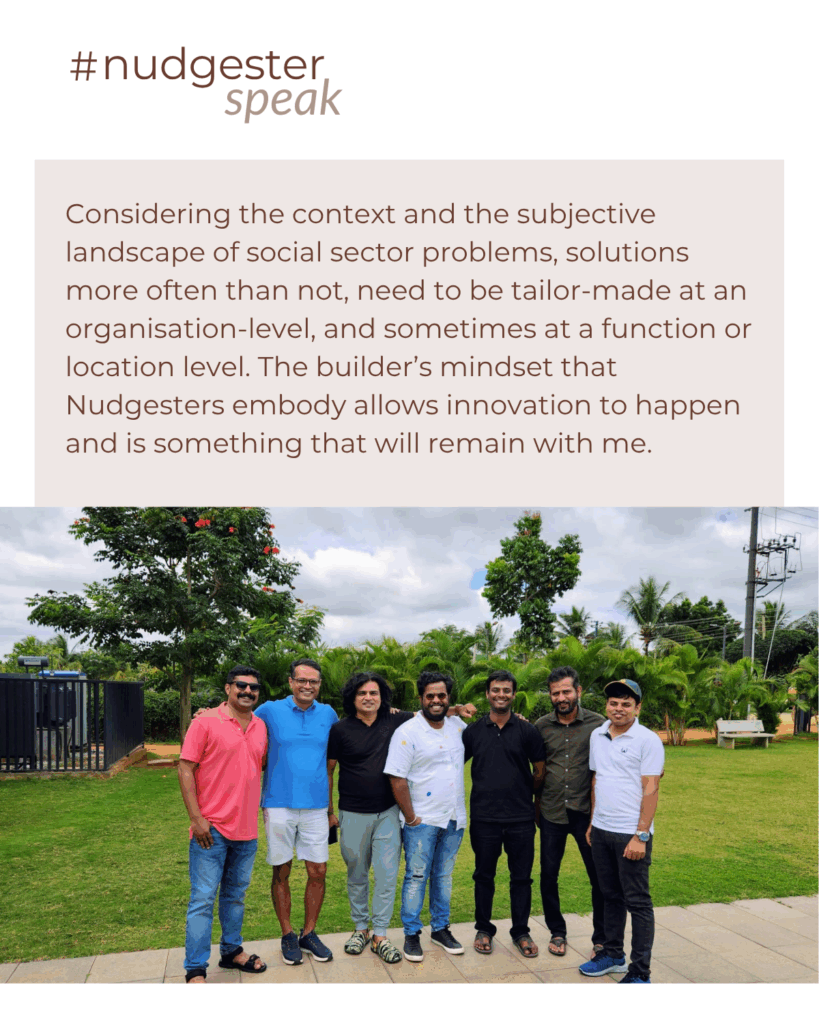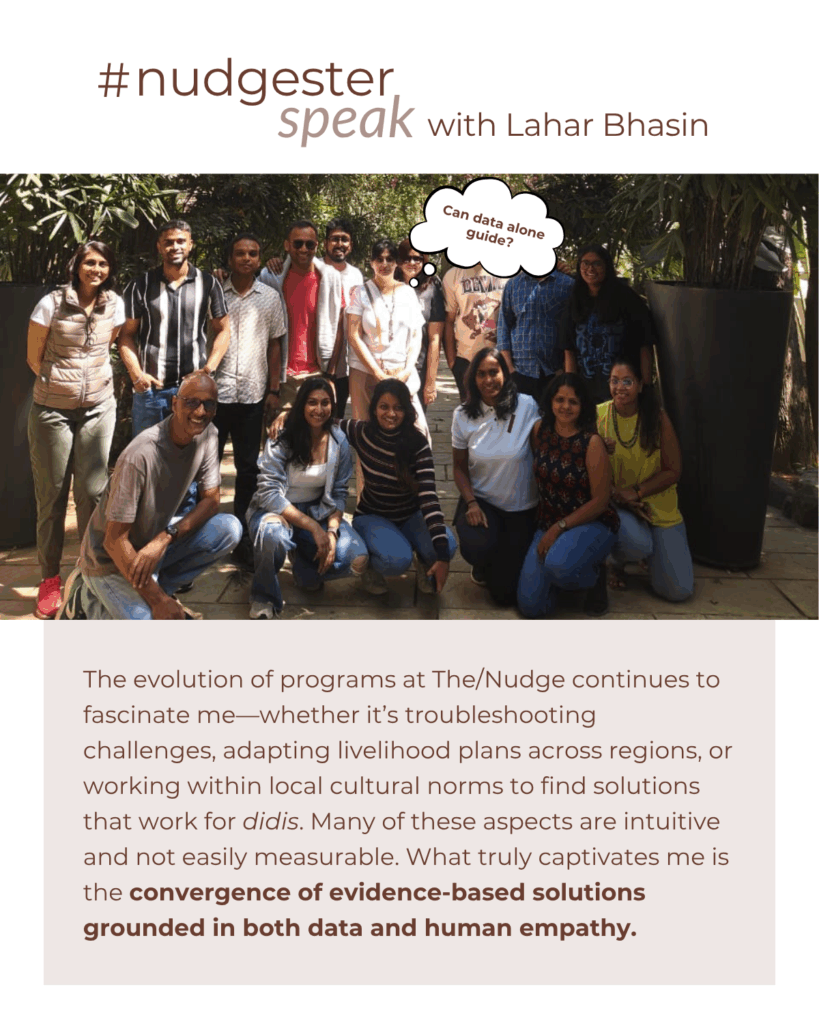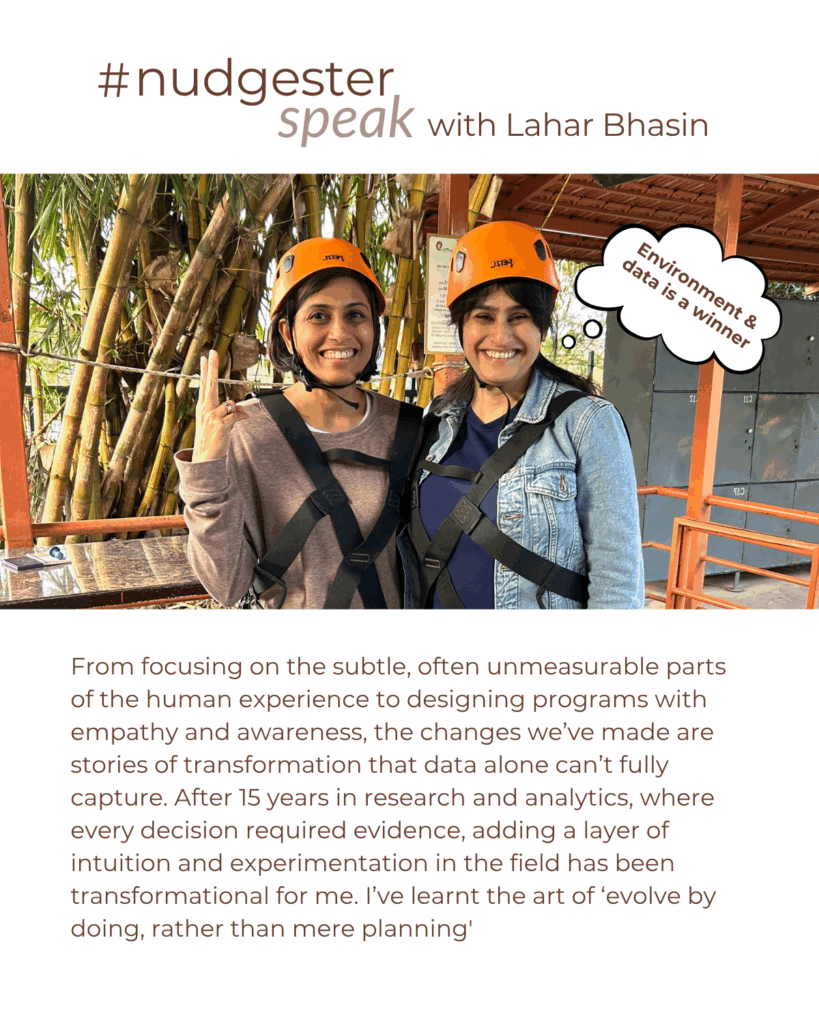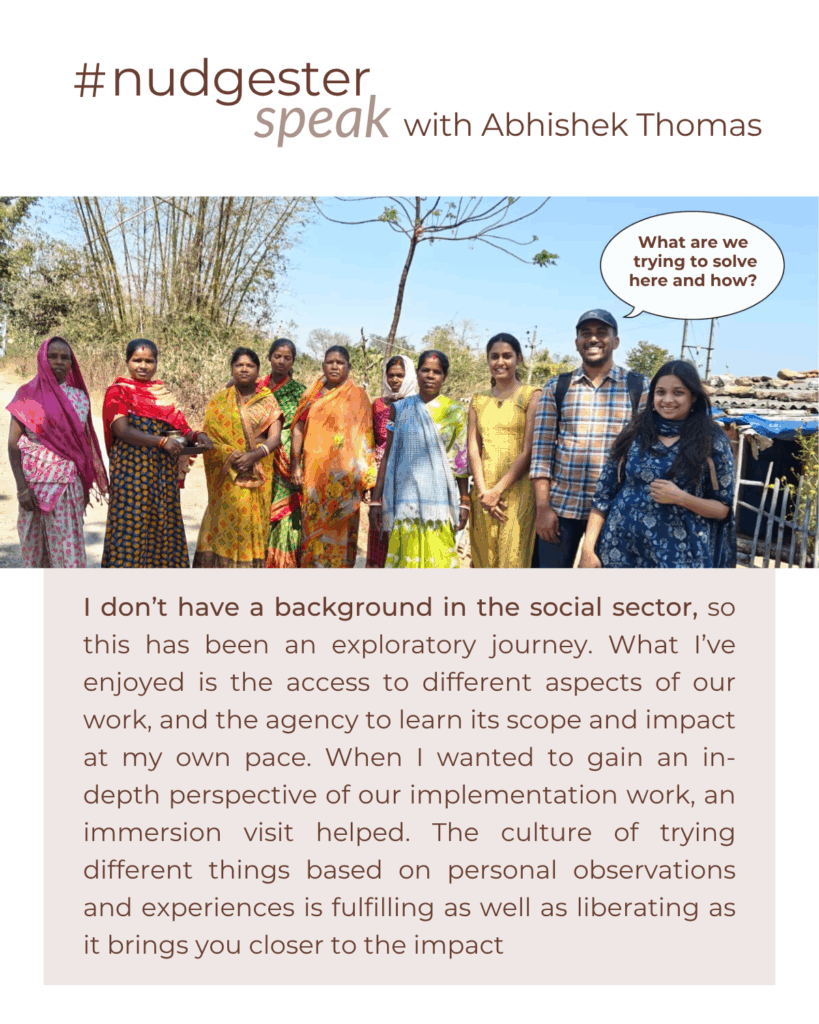InSight
Enabling access to clear near vision for all
Presbyopia, or age-related farsightedness, is likely to occur in most individuals over the course of their lifetime
There are 800 million individuals worldwide suffering from uncorrected presbyopia. 300 million of them live in India.
$25 bn
Global productivity loss from uncorrected presbyopia
$14 bn
Productivity loss in India from uncorrected presbyopia
20%
Income boost from a pair of reading
glasses
34%
Productivity gain from a pair of reading glasses
a
Source:
– PROSPER report
– The Global Burden of Potential Productivity Loss from Uncorrected Presbyopia by Frick et al

$25 bn
Global productivity loss from uncorrected presbyopia
$14 bn
Productivity loss in India from uncorrected presbyopia
20%
Income boost from a pair of reading glasses
34%
Productivity gain from a pair of reading glasses
No savings (80% of income gets spent on food)
Socially and geographically excluded
Little to no access to social entitlements
85% of people with uncorrected presbyopia live in rural areas
Vision correction is not universally accessible and affordable
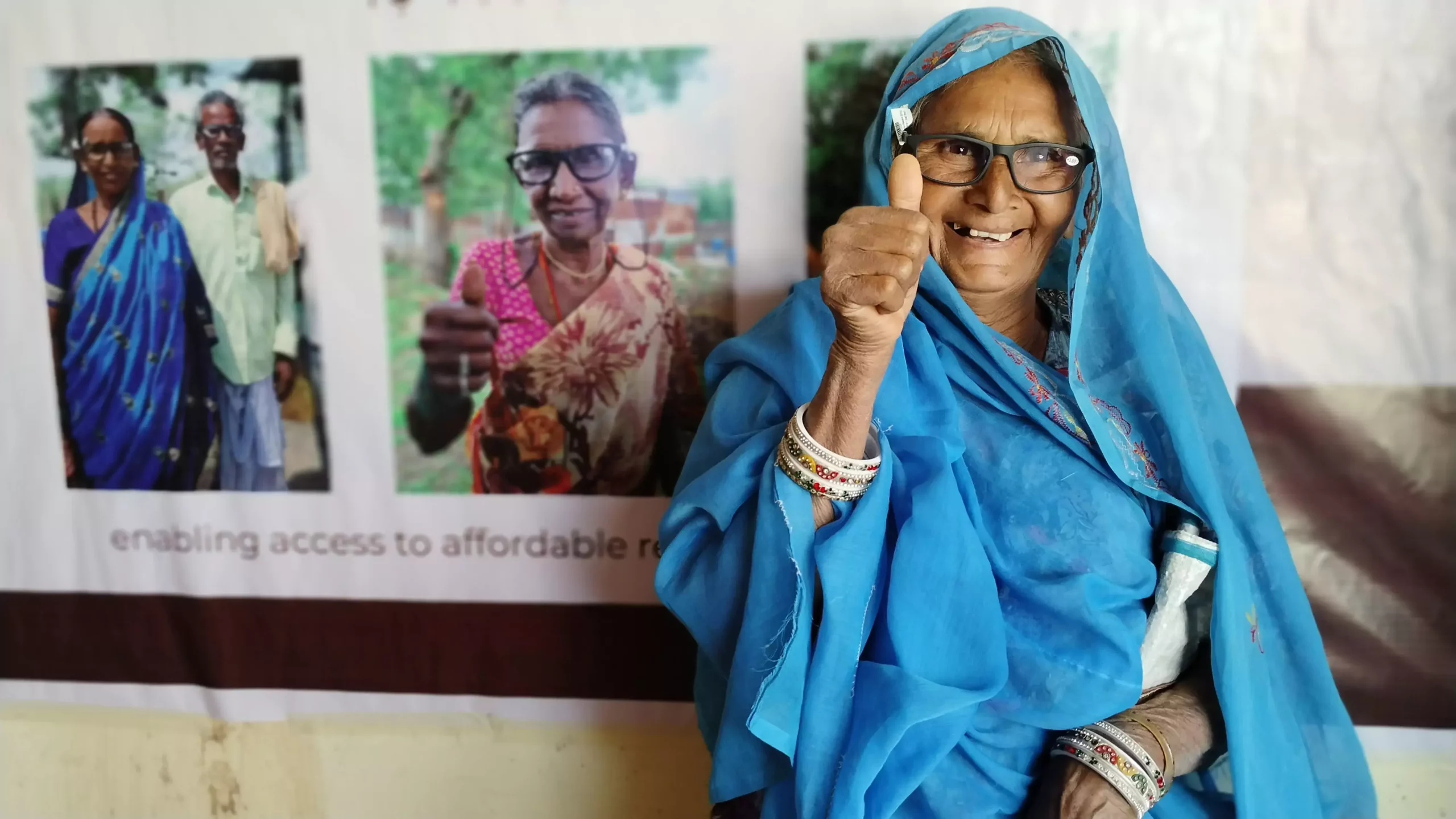
There are complex challenges which need to be solved
To meet the unmet need for reading glasses at scale within a reasonable timeframe, efforts must focus on large-scale distribution, securing funding for expansion, and fostering market demand for sustainable solutions for subsequent pairs of eyeglasses.
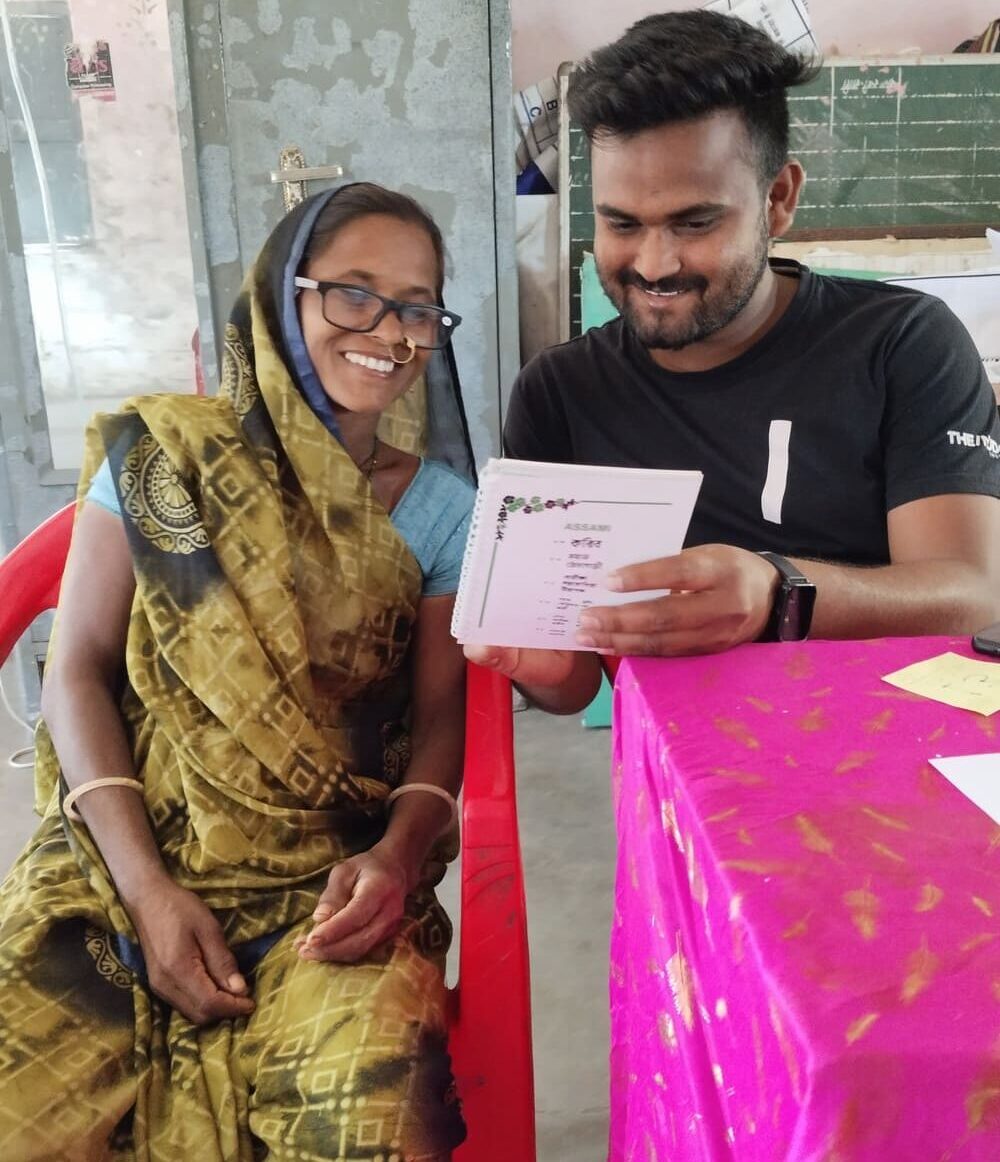
A three-pronged strategy is needed to solve the problem
Support to government
Scalable distribution
models
Catalytic philanthropy
India’s unique enabling conditions make this solution scalable
- Significant government spending on social schemes
- Several cadres with extensive on-the-ground reach and trust
- Eyeglasses are legally de-medicalised and can be availed without a prescription
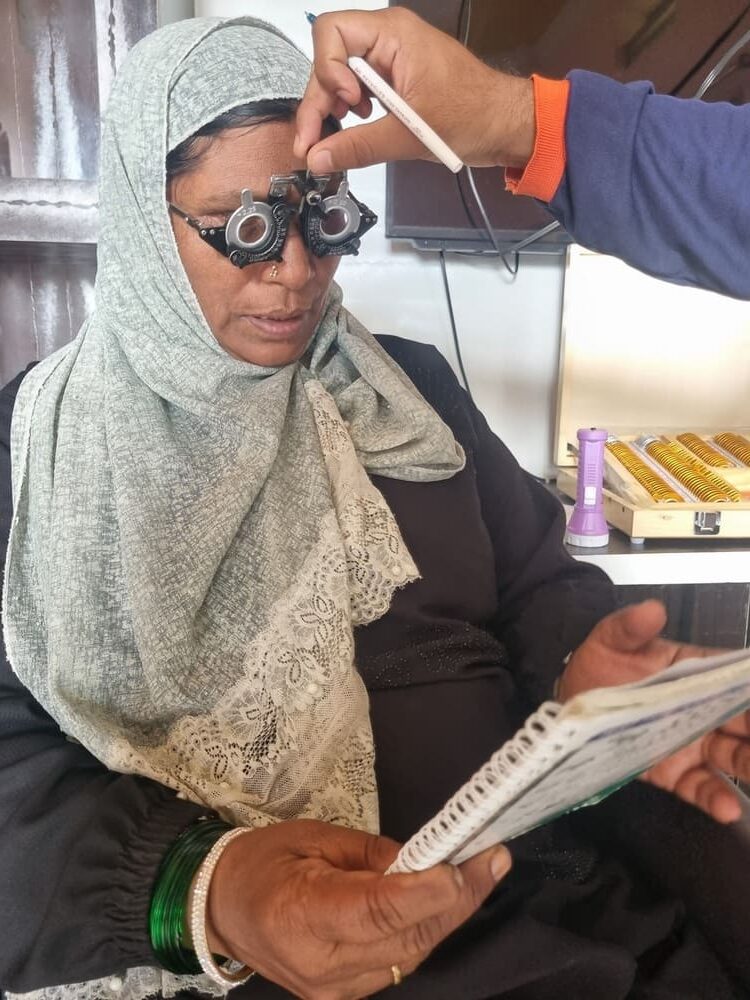
Government of India has prioritised the most excluded
We are working with central ministries and state government to help these marginalised communities through the Economic Inclusion Program.
Our partners
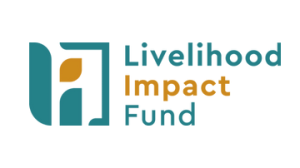

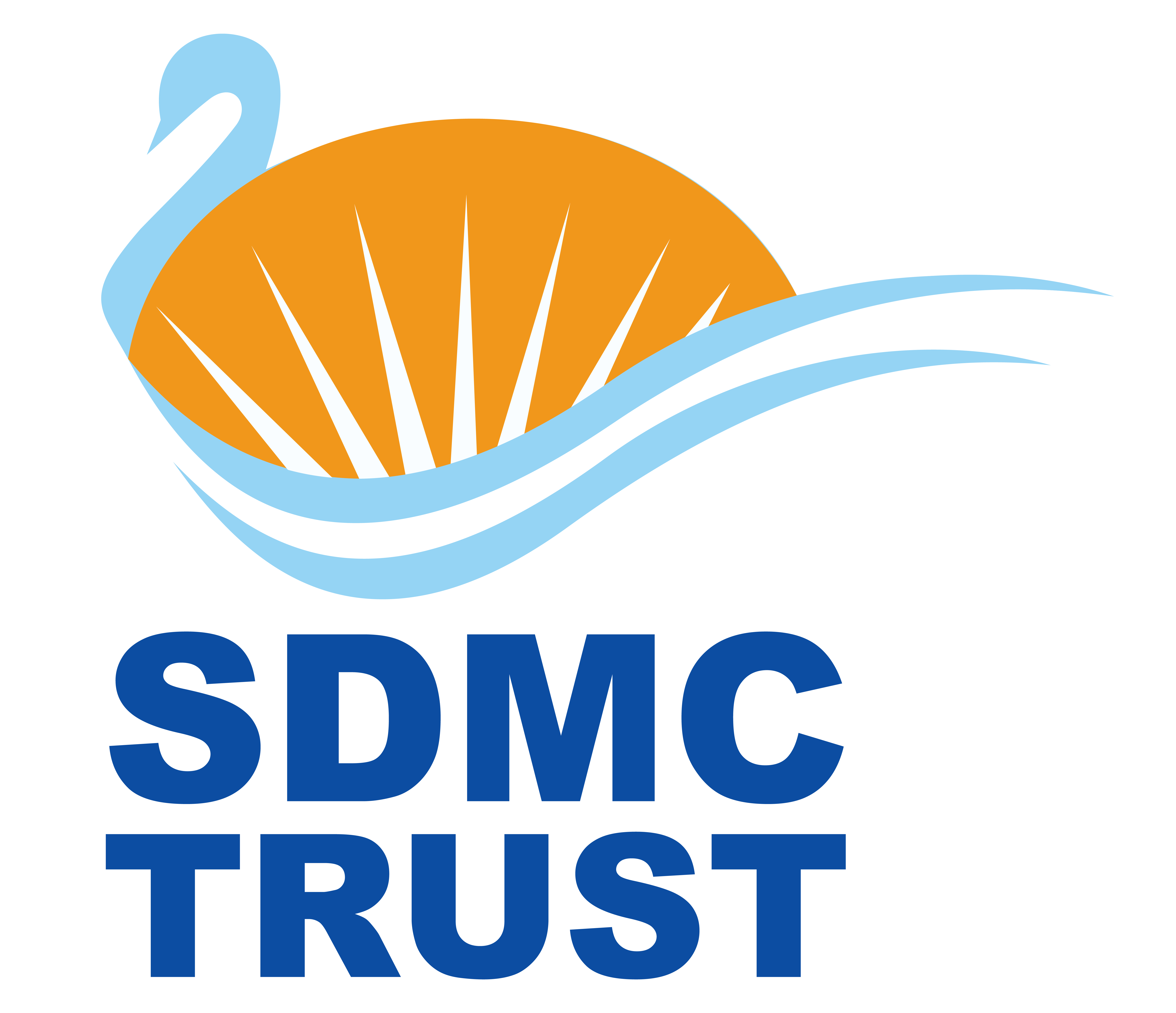
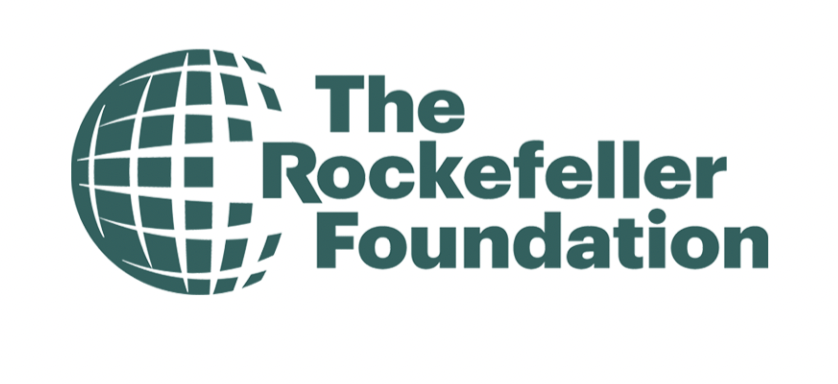
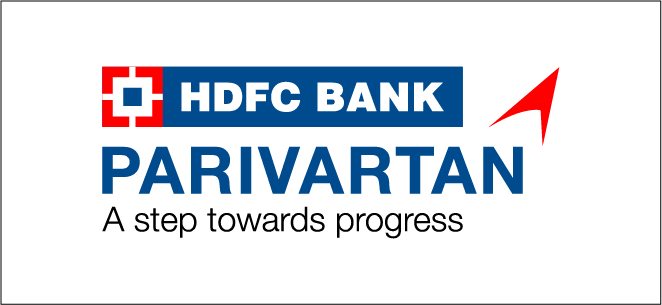
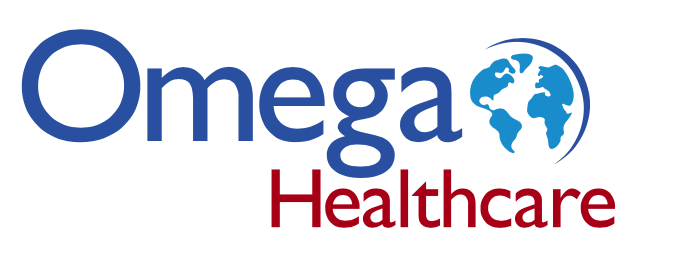


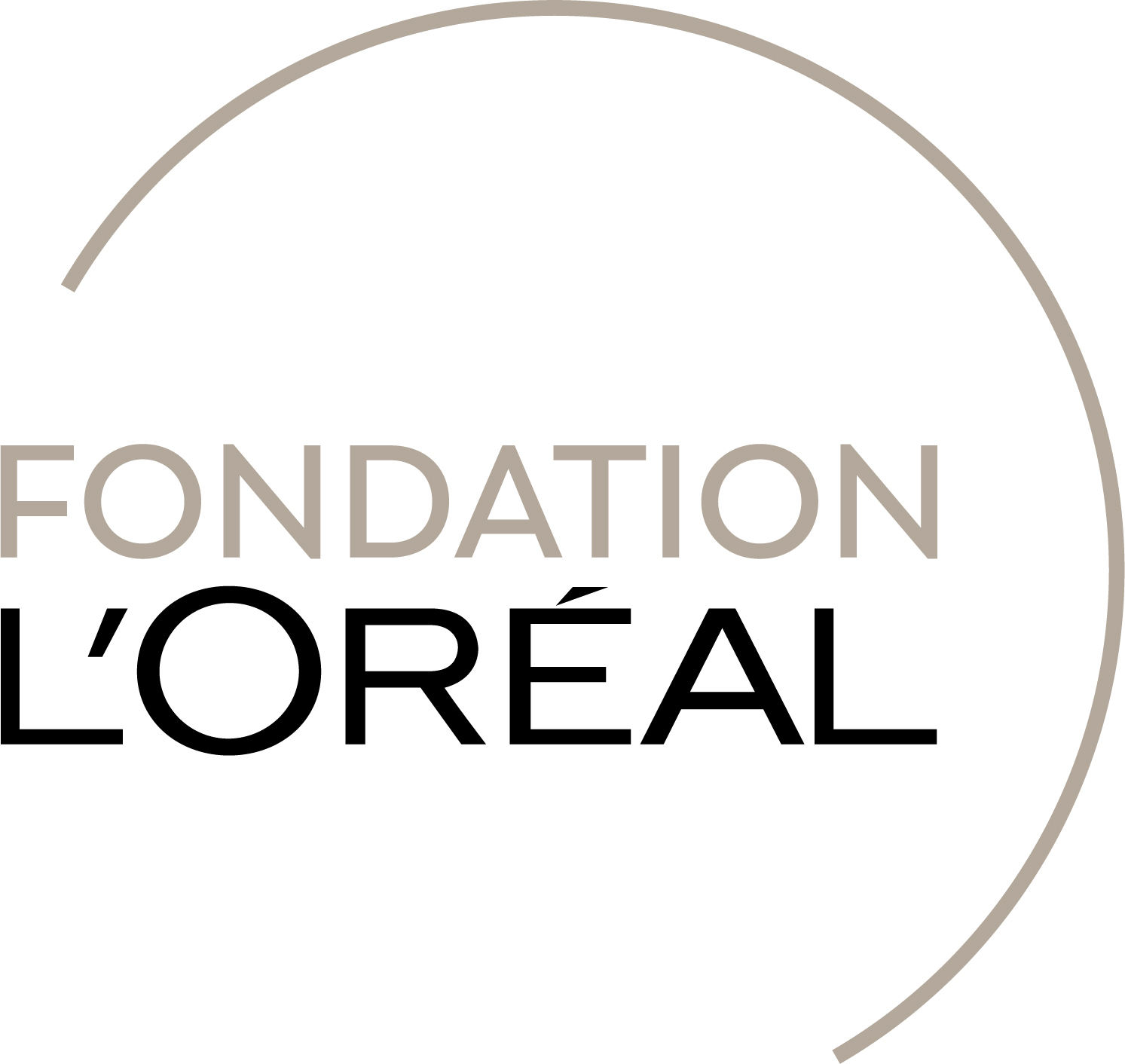





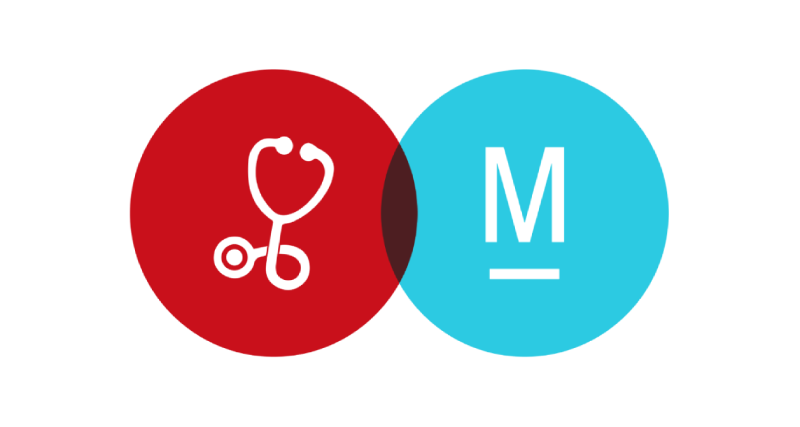
Hear from our partners
Devang Bhandari
Our partnership with The/Nudge Institute is rooted in scaling evidence-based models of poverty alleviation, such as “graduation approach”, to enable 23 million households to come out of extreme exclusion in India. The/Nudge has been on this journey for over three years now and we can already see tremendous progress with the first cohort of 400 families. The resilience of the women participants is nothing short of an inspiration! I have no doubt that the tenacity of The/Nudge team is going to win!
Shri Bishnu C. Parida
Quality institutional collaboration at all levels is important to reach sustainable development. Our partnership with The/Nudge Institute is crucial to develop a roadmap for overall development of the most excluded in rural Jharkhand. This partnership is based on mutual-trust, expertise and technical strength. Delivery-oriented sector specific professionals and in-depth understanding of technological solutions makes The/Nudge Institute a sought-after partner.
In the news
In the news










